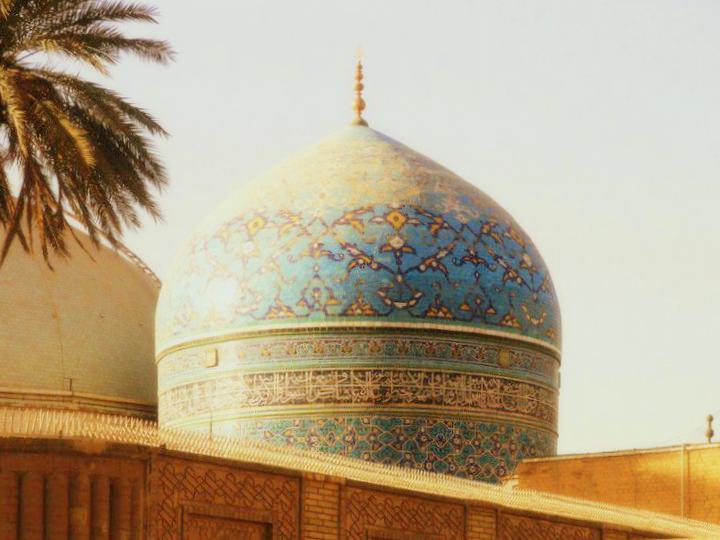ʻĪsāwā
Enlarge text Shrink text- Work cat.: 93236722: Brunel, R. Essai sur la confrerie religieuse des Aissaouas au Morocco, 1988.
- Encycl. Islam, 2d. ed.:Art. ʻIsāwā (ʻIsāwā, ʻIsāwiyya)
- Confrérie des Aïssawa [SR] 2001:label (Confrérie des Aïssawa)
- Wikipedia, via www, Jan. 11, 2018(The Aissawa (also Aissawa, Issawa, Aissaoua, Issaoua) is a religious and mystical brotherhood founded in Meknes, Morocco, by Sheikh al-Kamil Mohamed al-Hadi ben Issa (or Aissa) (1465--1526), best known as the Shaykh Al-Kamil, or "Perfect Sufi Master". The terms Aissawiyya (`Isawiyya) and Aissawa (`Isawa), derive from the name of the founder, and respectively designate the brotherhood (tariqa, literally: "way") and its disciples (fuqara, sing. to fakir, literally: "poor"). They are known for their spiritual music, which generally comprises songs of religious psalms, characterized by the use of the oboe ghaita (similar to the mizmar or zurna) accompanied by percussion using polyrhythm)
The Isawiyya (also Aissawa, Issawa, Aissaoua, Issaoua, Arabic: الطريقة العيساوية) is a religious Islamic mystical brotherhood founded in Meknes, Morocco, by Sheikh al-Kamil Mohamed al-Hadi ben Issa (or Aissa) (1465–1526), best known as the Shaykh Al-Kamil, or "Perfect Sufi Master". The terms Aissawiyya (`Isawiyya) and Aissawa (`Isawa), derive from the name of the founder, and respectively designate the brotherhood (tariqa, literally: "way") and its disciples (fuqara, sing. to fakir, literally: "poor"). They are known for their spiritual performances, which generally comprise group recitation of religious psalms, accompanied by the use of the oboe ghaita (similar to the mizmar or zurna) and polyrhythmic percussion. Ceremonies, including symbolic dances to bring the participants to ecstatic trance, are held by the Aissawa in private during domestic ritual nights (lîla-s), and in public during celebrations of cultural festivals and pilgrimages, called moussem-s. Other occasions are religious festivities, such as the Eid holidays or mawlid, celebration of the birth of the Islamic prophet Muhammad.
Read more on Wikipedia >
 Topic
Topic







